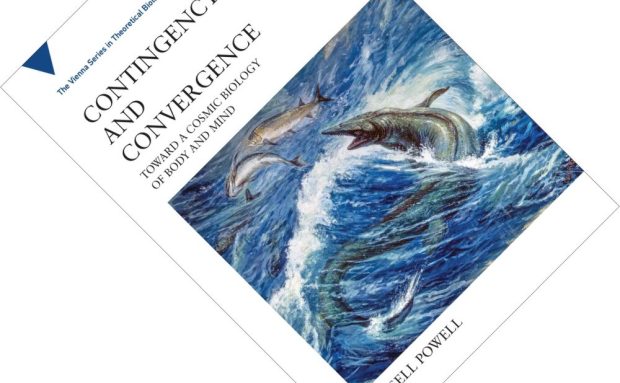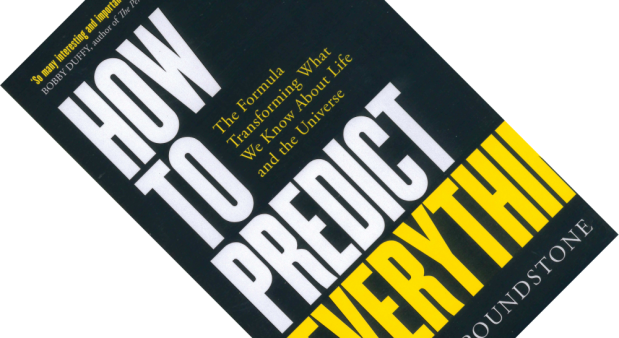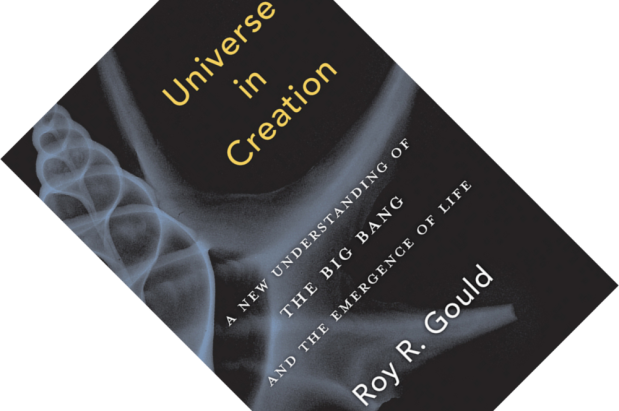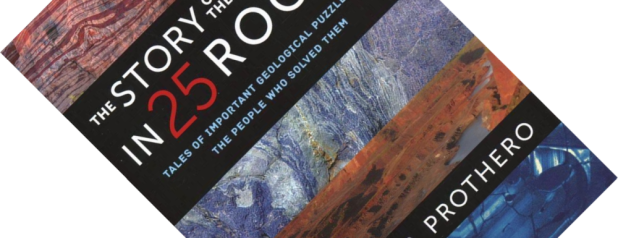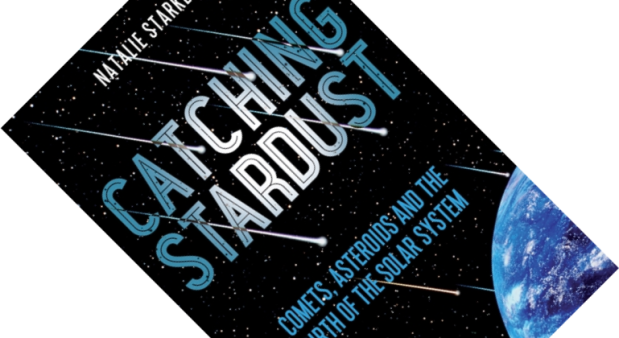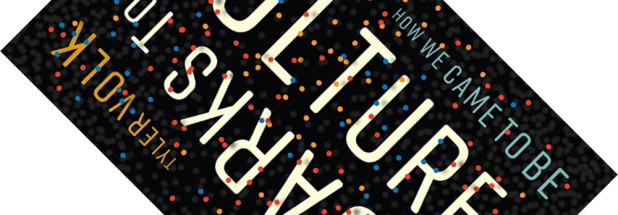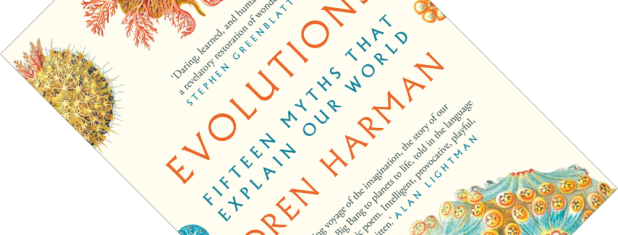6-minute read
Following my two earlier reviews of Convergent Evolution and Convergent Evolution on Earth, this is the final of three reviews of MIT Press books in The Vienna Series in Theoretical Biology dealing with convergent evolution, something I consider to be one of evolutionary biology’s most exciting topics. Are evolutionary changes happy accidents, i.e. contingencies? Or is there a law-like repeatability underneath, explaining why some traits evolve time and again, i.e. convergence? Is it even a matter of either-or? And what lessons does this hold for life elsewhere in the universe? Philosopher Russell Powell wrestles with these questions in a manner that is as rigorous as it is intellectually rewarding. Evolutionary biologists will want to give this excellent book a very close read.

